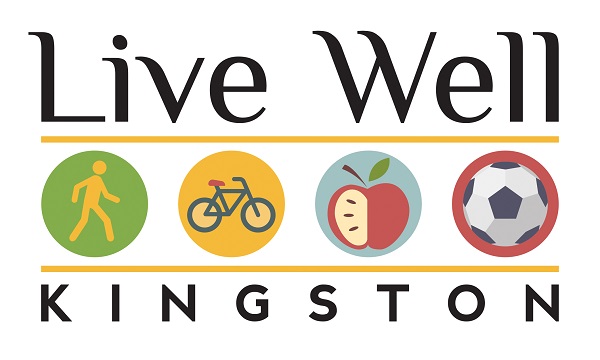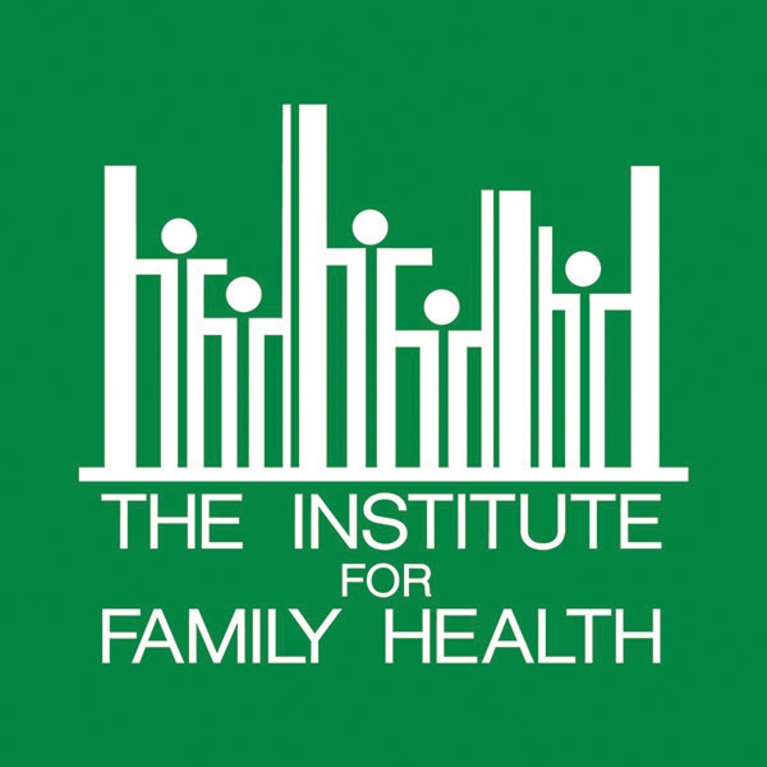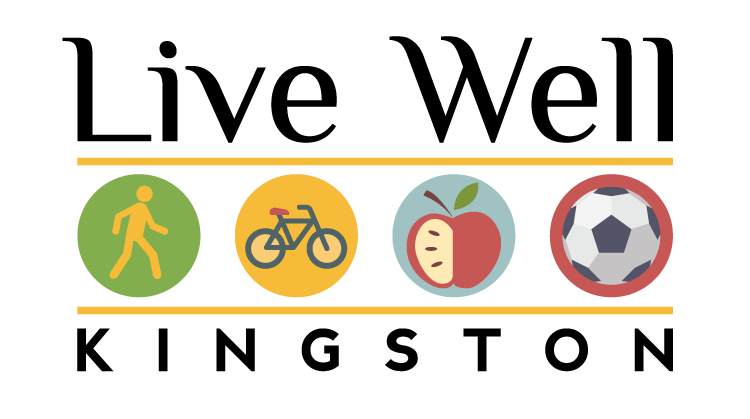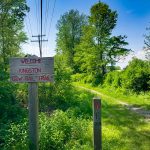This film focuses on what happens over time to a person when they experience trauma and toxic stress during childhood. Researchers have found that traumatic events in a person’s life can cause long-term damage to their brains and their bodies. This can put a person at a higher risk for diseases and even cause a person to die sooner than someone who doesn’t experience trauma.
Trauma can happen to people of all ages, all skin colors, in all parts of our community. Nobody chooses to have this in their life. Families, doctors, schools, and mental health workers can learn to be more understanding of what can be done to help children heal from trauma and become strong and resilient.
A panel discussion will follow with trauma and resiliency experts: Beth Lewis-Jackson, Director of Special Ed for KCSD, Beatriz Vides, Founder of Crossnore School & Children’s Home, Dr. Marta Sanchez, a physician at the Institute for Family Health, Mary Beth Coons, founder of the Resilient Child Fund, and Esther, a peer advocate. Conversations will center on how to build resiliency in our community and schools.
Childcare for ages 5 and up will be available from 5:30-8:30 at the Everette Hodge Community Center Barn, 21 Franklin St., Kingston, when previously registered for at http://bit.ly/LiveWellKingston-Childcare or by calling (845) 334-3909. Light refreshments will be served. The organizers request that participants bring their own water bottles to reduce waste.
“This film introduces innovative programs that can significantly support children.” Says Emily Flynn, Director of Health and Wellness for the City of Kingston. “I hope our event will increase awareness of trauma and the connection to adverse health outcomes.”
This event is a collaboration of:







